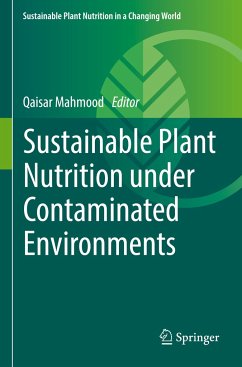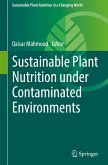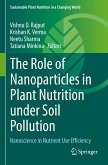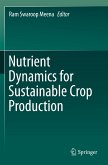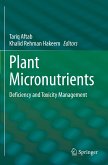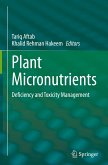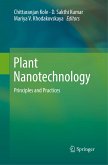Global industrial growth has resulted in numerous pollutants being introduced into the environment. It has additionally caused decreased water availability for agricultural activity in developing countries, which, in turn, has compelled farmers to use wastewater irrigation.
In advanced agricultural systems, farmers are adapting various strategies to achieve a higher yield and thus sustain crop productivity. Consequent to the introduction of contaminants in the environment, soil pollutants have become a critical issue. Selection of disease-resistant, high-yielding crop varieties, and extensive fertilizer applications are quite common among farming communities.
This book provides insight into environmental pollutants with special reference to their interference with plant nutrition. It additionally discusses the physiological aspects of plant nutrition. This book enhances current knowledge of the effects of pollutants onplant growth and physiology.
In advanced agricultural systems, farmers are adapting various strategies to achieve a higher yield and thus sustain crop productivity. Consequent to the introduction of contaminants in the environment, soil pollutants have become a critical issue. Selection of disease-resistant, high-yielding crop varieties, and extensive fertilizer applications are quite common among farming communities.
This book provides insight into environmental pollutants with special reference to their interference with plant nutrition. It additionally discusses the physiological aspects of plant nutrition. This book enhances current knowledge of the effects of pollutants onplant growth and physiology.

